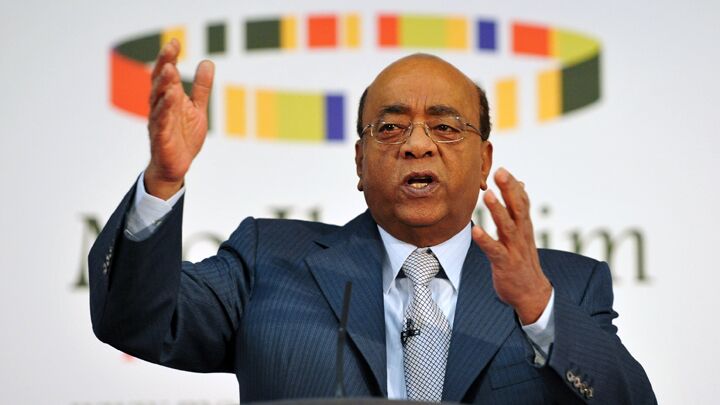
African Governance on Trial
What is the problem with the political leadership in Africa?
The Mo Ibrahim Foundation recently stirred up controversy in addressing this question. First, it released its 2013 Ibrahim Index of African Governance, which painted a far-from-rosy picture. Second, it announced that no African head of state qualified for the prestigious Ibrahim Prize for Achievement in African Leadership.
These revelations from the Foundation’s October 14 press release essentially place African governance on trial.
The Ibrahim Index of African Governance, established in 2007, uses 94 indicators to measure the quality of governance in African countries. While it revealed an overall improvement in sub-dimensions of governance such as human development, sustainable economic opportunity and, to some extent, participation and human rights, the index showed an overall deterioration in safety and the rule of law. The foundation noted that “if this deterioration is not turned around, it could signal an era where, despite fewer regional conflicts, we will see an increase in domestic social unrest across Africa.”
Naturally, many took offense at the foundation’s announced results. Rwanda, for example, claimed it had been making far greater progress than the Ibrahim index suggested.
The Ibrahim Prize for Achievement in African Leadership, also established in 2007, is an award for “excellence in African leadership.” Laureates must be former African heads of state who have been out of office for at least three years after exiting office according to legally mandated term limits. They must be democratically elected and have demonstrated “exceptional leadership.”
The prize money is $5 million paid over 10 years and a $200,000 annual pension thereafter. Ibrahim Laureates can also apply for an additional $200,000 per year for philanthropic activities. This makes it the biggest annual award in the world. But on October 14, the foundation announced that it found no leader who fit those criteria. That’s the fourth time in the award’s seven years that a worthy leader has not been found.
The foundation is named after its founder and chairman, Mohammed Ibrahim, a Sudanese-born, British-educated telecommunications magnate who holds a pragmatic view about his home continent. After considering the different views the world has on Africa, Ibrahim commented: “Neither Afro-pessimism nor Afro-optimism do justice to modern Africa. This is now the age of Afro-realism—an honest outlook on our Continent. It’s about a celebration of its achievements but also a pragmatic acknowledgement of the challenges that lie ahead.”
It was with this realist view that the Mo Ibrahim Foundation was established. “If [African] leaders were doing the job they were supposed to do,” said Ibrahim, “there’s no need for us to have this foundation. We would not have even need to talk about it. … But because we are not living in a perfect world, we really have to deal with the situation as it is. Our leaders haven’t done the job. It’s a crisis of governance.”
Africa (and frankly, the whole world) hasn’t been producing a lot of worthy leaders of late.
Take a look at Zimbabwe, for example. The former British colony has not been in any war for over three decades. Yet its governance index is just as bad as nations in conflict or recovering from it. Zimbabwe’s President Robert Mugabe recently secured a seventh term in office after a widely disputed election in August. Not long after he began his previous term in 2008—which he attained after another disputed vote—Mugabe confessed during power-sharing negotiations that “this thing called democracy in Africa is a difficult proposition.”
While Mugabe’s admission is no excuse, it is reality: Democracy won’t fix Africa. It is too foreign of a concept to be effectively embraced in most African cultures. In an article titled “The Failure of African Democracy,” Trumpet columnist Joel Hilliker wrote: “In Africa … democracy—or the trappings of it—generally only protects the flow of foreign aid into government coffers. And it also spins nice new invisible robes of legitimacy for the continent’s emperors.”
But there is hope. There is a form of government that will be compatible with the admirable aspects of African culture. That government is God’s soon-coming Kingdom. It will have exceptional leaders who will use Africa’s rich resources to make it the prosperous continent God always intended. The “crisis of governance” in Africa is a sure sign of the need for, and the imminence of, the Kingdom of God. For more, read Ron Fraser’s article “Africa’s Future.”
